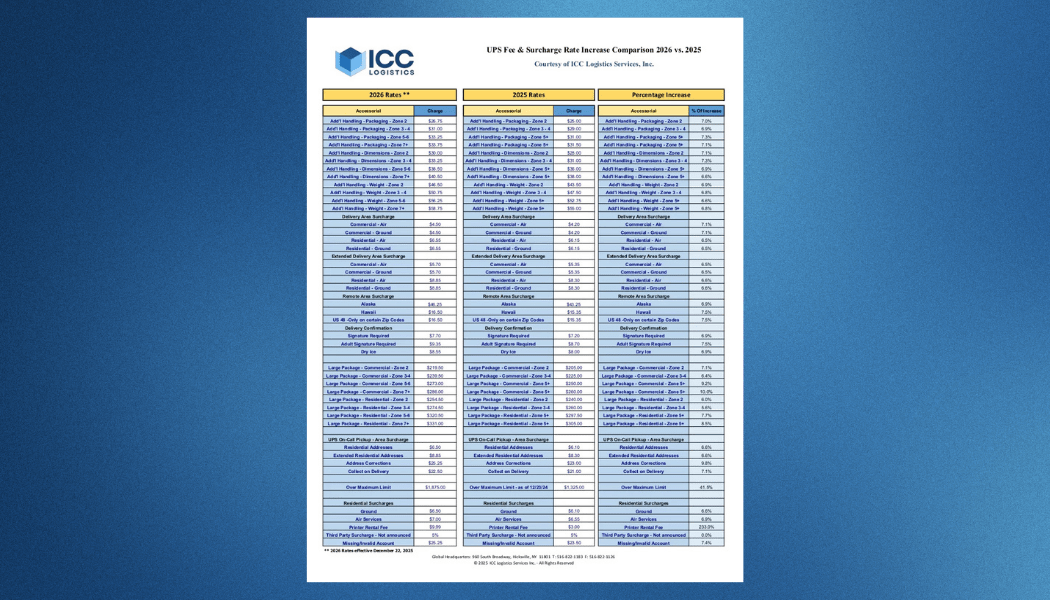Today, the Biden administration is expected to announce that the Port of Los Angeles will begin working “24/7.” This operational change, the administration states, is expected to relieve pressure on an already disrupted supply chain that has been an ongoing challenge for over a year now.
In addition, several large importers and global logistics providers such as Walmart, FedEx and UPS will pledge to use the port’s extended operating hours to move cargo from the port more expeditiously and get those goods into the domestic supply chains, this according to senior administration officials who briefed reporters on the condition of anonymity.
The announcements will come as the president convenes a 17-person “virtual roundtable” with port directors from Los Angeles and Long Beach, Calif., top officials from the Teamsters and AFL-CIO labor unions, the U.S. Chamber of Commerce and other business groups, the White House said.
As consumers confront random shortages of a variety of products, including clothing, toys, groceries and cars, the disrupted supply lines that define the pandemic-era economy are evident in dozens of giant container ships anchored off the coast of Southern California. Some industry experts estimate there are over 80 containerships off the coast of Los Angeles waiting to be unloaded and could take up to an additional two weeks to get to an unloading berth.
Similar delays await freight once it reaches the shore, where docks, rail yards and various warehouses are stocked with goods.
Administration officials promise a “90-day sprint” to clear a path for cargo. Several companies participating in the White House event will make “specific volume commitments” about containers they will remove from California docks. Leaders of the International Longshore and Warehouse Union have agreed to work longer hours, provided individual terminal operators pay up.
There is one very big caveat though and that is, the extended hours the administration will be touting today actually represents less than a full round-the-clock operation that are typical of the world’s major ports.
The Port of Long Beach began a pilot program last month of late-night and predawn work. An administration official said Tuesday that Long Beach had “already gone to 24-7″ operations and that is very mis-leading. The reason is, Long Beach port’s six container terminals do work 24 hours a day, however they nly do so Monday through Thursday, according to Noel Hacegaba, the port’s deputy executive director.
Phillip Sanfield, a spokesman for the port of Los Angeles, which is adjacent to the Long Beach facility, said Tuesday he could not say how many L.A. terminals will now begin operating around the clock. But some industry executives described the administration’s latest initiative, which the White House billed as “nearly doubling” the port’s cargo-handling hours, as incomplete. Matt Schrap, chief executive of the Harbor Trucking Association, whose members service the ports, said the measure will make a “big difference” only if terminals abandon requirements for truckers to return a specific type of empty shipping container before collecting a full one. And Craig Grossgart, senior vice president for global ocean at SEKO Logistics, said: “It will accomplish zero. It’s just window dressing.”
So, as you can see there is more to the 24/7 port operational issues that needs to be talked about here.
The real question is, when will the US REALLY begin to address all of these operational issues that have been plaguing global supply chains for many years now? It will require a full court press between shippers, logistics service providers, various labor unions, (especially the International Longshore and Warehouse Union), for ports to have the flexibility to operate on a 24/7 schedule five days a week when needed, but to also work on the various other operational issues that won’t be completely solved by 24/7 port operations.
Do you agree?
Need help navigating this “new normal?” Reach out to us today.



 to receive our FREE white papers:
to receive our FREE white papers: